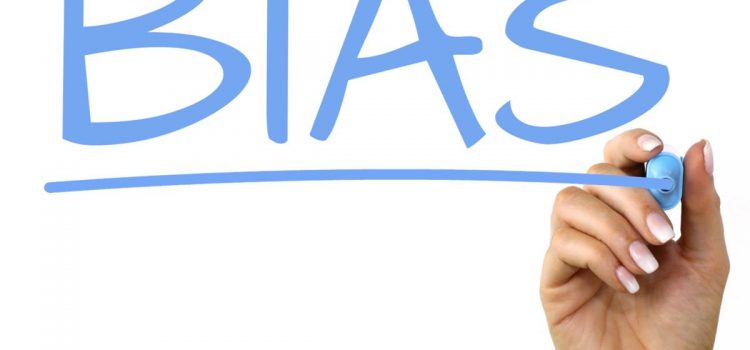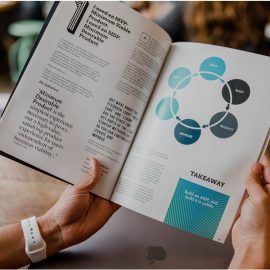

This article is an excerpt from the Shortform book guide to "Poor Charlie's Almanack" by Charles T. Munger. Shortform has the world's best summaries and analyses of books you should be reading.
Like this article? Sign up for a free trial here .
What is association bias? How can you curb bias from association?
Association bias is the tendency to be easily influenced by irrational opinions about the relationship between two objects or events. It’s this bias that makes us associate high prices with quality. You can curb this bias by looking for facts that contradict your initial appraisal.
Read on to learn more about association bias.
What Is Bias From Association?
When two items are placed close together, the qualities of one item transfer to the other.
“You won’t see Coke advertised alongside some account of the death of a child.”
Why It Evolved
Association bias evolved because equating rewards (food) with certain items that provide rewards (a landmark boulder, a big tree, a certain tribe member) helps survival.
Likewise, associating pain (illness) with neighboring items (vomit, feces) helps avoid those items
How It Can Be Harmful
Association bias can be harmful because the relationship between two items may be illusory.
- A gambler who falsely associates winning with what he wore that day may develop silly superstitions, when the outcome is random.
Association bias can also lead to harmful stereotypes that distort the truth.
- People may generally discount old people as having low mental function; while this may be true in many cases, there are also plenty of counterexamples.
Persian Messenger syndrome happens when you kill the messengers who bring bad news, making the association between messengers and bad news. The messengers then learn to run and hide, instead of delivering bad news. (Munger notes CBS Chairman William Paley suffered from this habit, which caused him to live in a cocoon of unreality.)
Oddly, if you’re in a bad situation and being helped by someone, association bias can make you associate your misfortune with that person and thus dislike them.
- Munger had a landlord friend named Glotz who gave below-market rents and college fellowships to his tenants. When he moved to tear down the building, a tenant rebuked him—“Glotz doesn’t need any more money. I know this because I was supported in college by Glotz fellowships.”
Examples of Association Bias
- People associate high prices with quality, often because high-quality goods are more expensive. However, this opens the path to manipulation, where a low-quality good is deliberately sold at a high price to give the illusion of quality.
- In advertising, attractive people are commonly used to feature a product.
Antidotes
When trying to unpack why something is successful, look for confounding factors that might distort your appraisal.
Don’t kill the messenger; reward her for bringing in problems early.
- Berkshire Hathaway has a motto: “Always tell us the bad news promptly. It is only the good news that can wait.”
Combat classification stereotypes by remembering that the average does not determine the case in front of you.
- Remember “the fellow who drowned in a river that averaged only eighteen inches deep.”

———End of Preview———
Like what you just read? Read the rest of the world's best book summary and analysis of Charles T. Munger's "Poor Charlie's Almanack" at Shortform .
Here's what you'll find in our full Poor Charlie's Almanack summary :
- A collection of Charlie Munger’s best advice given over 30 years
- Why you need to know what you’re good at and what you’re bad at to make decisions
- Descriptions of the 25 psychological biases that distort how you see the world






